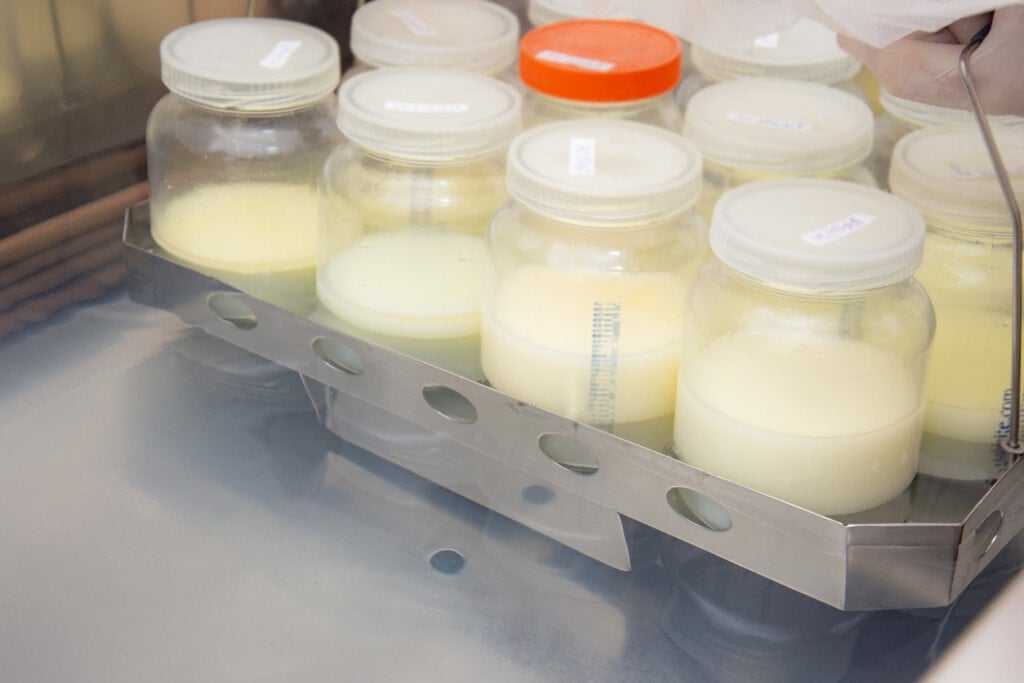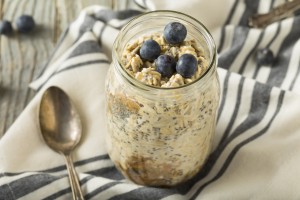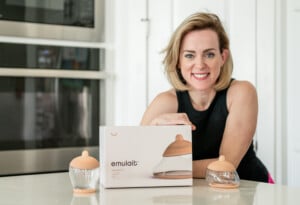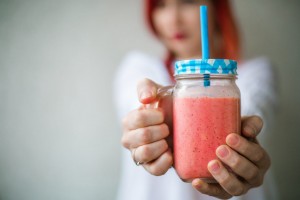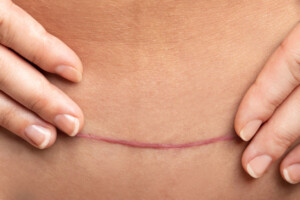For a woman who wants to provide her baby breastmilk but cannot breastfeed for any number of reasons, there are resources available, like donor breastmilk. Donor breastmilk has become increasingly popular in recent years. Many women generously pump their breastmilk for mothers in need; it is an incredible gift.
However, while donor breastmilk is lovely, mothers must be careful who they get their milk from. The FDA strongly recommends against mothers purchasing breastmilk from unknown and unscreened individuals or online because the milk is unlikely to have been screened for disease or other contamination. It also may not have been collected or appropriately stored to avoid safety risks to your baby.1
When it comes to their babies, mothers want nothing but the best. But there are ways to find safe and healthy donor breastmilk.
Start with Your Doctor or Midwife
As with any medical decision, it is always best to talk to your doctor or midwife first. In this case, you want to be sure that the child’s pediatrician is on board with you using donor breastmilk. Many physicians will agree that donor milk is a good solution for a mother unable to breastfeed. This is particularly true for high-risk infants under 1,500 grams or 3 pounds.2
Reputable milk banks have strict restrictions on who can receive donor breastmilk; depending on your state, you may need a prescription.
What is Donor Breastmilk?
According to The Human Milk Banking Association of North America, pasteurized donor human milk is breastmilk donated to a milk bank. Experts at a milk bank then screen and test the milk so it can send it to hospitals and families in need. All donor mothers require screening and approval, and milk banks log and monitor all donor milk.3
The pasteurization process eliminates harmful bacteria or other potentially infecting organisms. While the Human Milk Banking Association (HMBANA) says a few nutritional elements are lost in the pasteurization process, donor milk has been determined to be the second-best choice after mothers’ milk.3
Where Do You Get Donor Breastmilk?
The HMBANA is a great place to start for those looking for donor breastmilk but always go to a reputable source. There are many reasons to go to the HMBANA. First, they are true advocates for mothers and their babies. It is their mission statement:
“HMBANA advances the field of nonprofit milk banking through member accreditation, development of evidence-based best practices, and advocacy of breastfeeding and human lactation to ensure an ethically sourced and equitably distributed supply of human donor milk.”
And the HMBANA has strict standards for its milk banks. A donor to an HMBANA bank must undergo a rigorous screening process to provide breastmilk. Staff at one of their banks look for tobacco and drug use, diseases such as HIV, and hepatitis B or C. The screen for approved medications and the bank will also consider alcohol consumption, travel, a recent history of blood transfusion, or vegans who do not supplement with B12. While this is a partial list, it gives you an idea of the qualifications they require for donation.
Additionally, there are milk handling restrictions. Milk cannot be heat-treated unless a doctor does it. Milk that has been refrigerated but not frozen within 96 hours after the expression is ineligible, and milk that is past one year from its collection will expire.
A donor will receive strict and specific standards for collection and hygiene. The donors agree not to share their milk anywhere other than their donation site and will not sell it.
Where Can I Find a Milk Bank?
There are currently 25 certified milk banks in the United States and three in Canada, with three milk banks in development. For those interested in starting a milk bank, the HMBANA has information on its site to help, but the FDA reports that some states have their own rules and standards in addition to those of the HMBANA.
Why is It Important for a Woman to Donate Her Breastmilk?
Some women can’t breastfeed for any number of reasons, such as illness or medications she’s taking. She might also be unable to because her baby may have trouble latching. Whatever the reason, breastmilk donors help mothers provide proper nutrition to their infants.
Providing donor breastmilk now also fills the coffers for the future. Many of the babies who will need donor breastmilk haven’t even been born yet, so it helps to look ahead.
Donor breastmilk helps with many parts of a baby’s development. It helps with brain development, lowers the risk of respiratory infections, makes digestion easier, can help provide crucial antibodies, and helps to reduce the risk of asthma, sudden infant death syndrome, and type 2 diabetes.4
Do your research, whether you are a mother needing milk or a woman who can lactate and provide donor breastmilk. Many of the sources above can provide valuable additional information. Donor breastmilk is a gift, and the HMBNA is working hard to make it available daily for more babies.


















